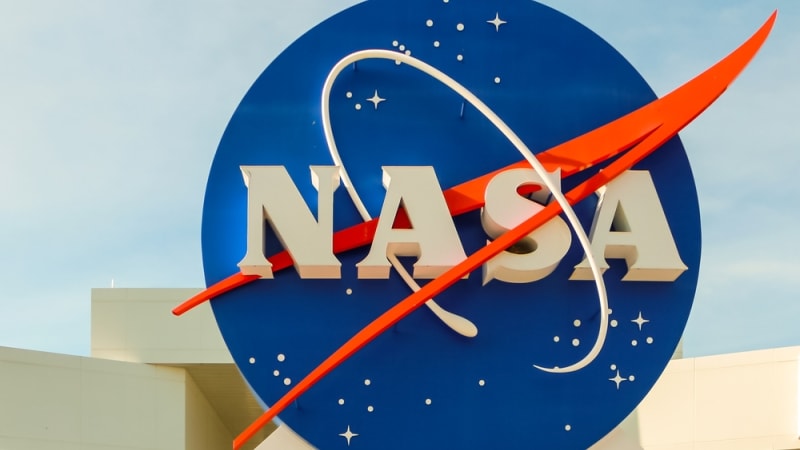
The failure of Congress to approve a timely budget for fiscal year (FY) 2024 – and the impact of further budget restrictions expected for FY2025 – has forced NASA to make some tough choices including letting go some of its valuable human talent, NASA Administrator Bill Nelson told lawmakers on April 30.
During a House Science, Space, and Technology Committee hearing, Nelson told lawmakers that NASA was forced to lay off a portion of its workforce at the Jet Propulsion Laboratory (JPL), and that much of the blame for that move falls on Congress.
“Let me try to set the table for you as to why this occurred. Had we had our [FY2024] request and [FY2025] request, that wouldn’t have happened,” Nelson said, adding that layoffs add up to “decades of experience” lost.
JPL announced on Feb. 6 it would lay off 530 employees —about eight percent of its staff — due to FY2024 budget uncertainty. In a statement, JPL said after exhausting other efforts to reduce costs given potential spending reductions it had to “make the difficult decision to lay off about 530 employees, as well as 40 contractors.”
Infighting on Capitol Hill led to long-running delays for consideration of a full-year FY2024 budget, and once funding bills were passed, Congress had cut more than $2 billion from NASA’s final FY2024 budget.
Lawmakers at this week’s hearing did not outright reject Nelson’s claim regarding budget delays, but some did question NASA’s budget cut decisions – particularly the layoffs – and asked Nelson how NASA reached that decision.
For example, Rep. Mike Garcia, R-Calif., voiced his concern over NASA’s decision and the potential for additional layoffs at JPL that would limit the lab’s ability to carry out missions.
“I worry that, when we make certain decisions, that we’re cutting to the bone and, in this case, potentially amputating JPL,” Rep Garcia said.
Those hard choices, Nelson reminded the lawmaker, were the result of the budget delays and caps enacted last year as part of the deal to raise the debt ceiling and avoid a government debt default.
Nelson referred to the Fiscal Responsibility Act, passed in June 2023, which increased the U.S. national debt limit through early 2025. The bill allowed a 3.3 percent increase in defense spending for FY2024, capped Federal non-defense discretionary spending in FY2024 to FY2023 levels, and limited non-defense spending increases to one percent in FY2025.
“The compromise to get the votes to pass that [budget] was to cut the spending in both [FY2024] and [FY2025]. NASA was cut two and a half billion dollars in almost in each of the years,” Nelson said. “So, if I’ve got a smaller potato sack that only holds five pounds of potatoes, and I have ten pounds that I want to get, it’s hard for me to get those ten pounds in that five-pound sack.”
Rep. Zoe Lofgren, D-Calif., also questioned the space agency’s decision and wondered if there was any hope of “recapturing that lost talent.”
Nelson said the answer to that question is more funding.
“I’m hoping that when you all get through with the [FY2024] and [FY2025] budget cycle that come [FY2026] … you consider that there might be some more appropriations for NASA,” Nelson said.
